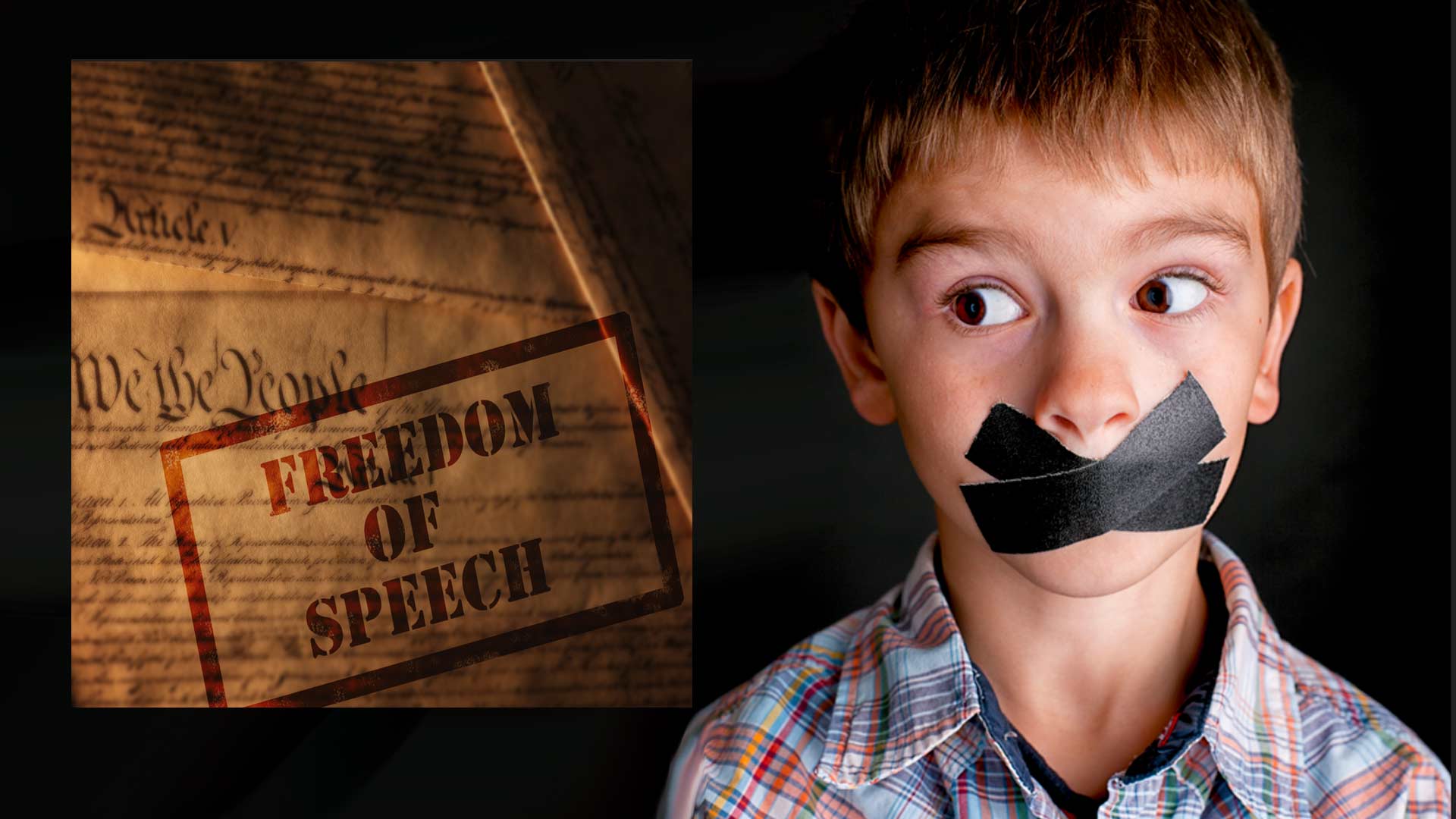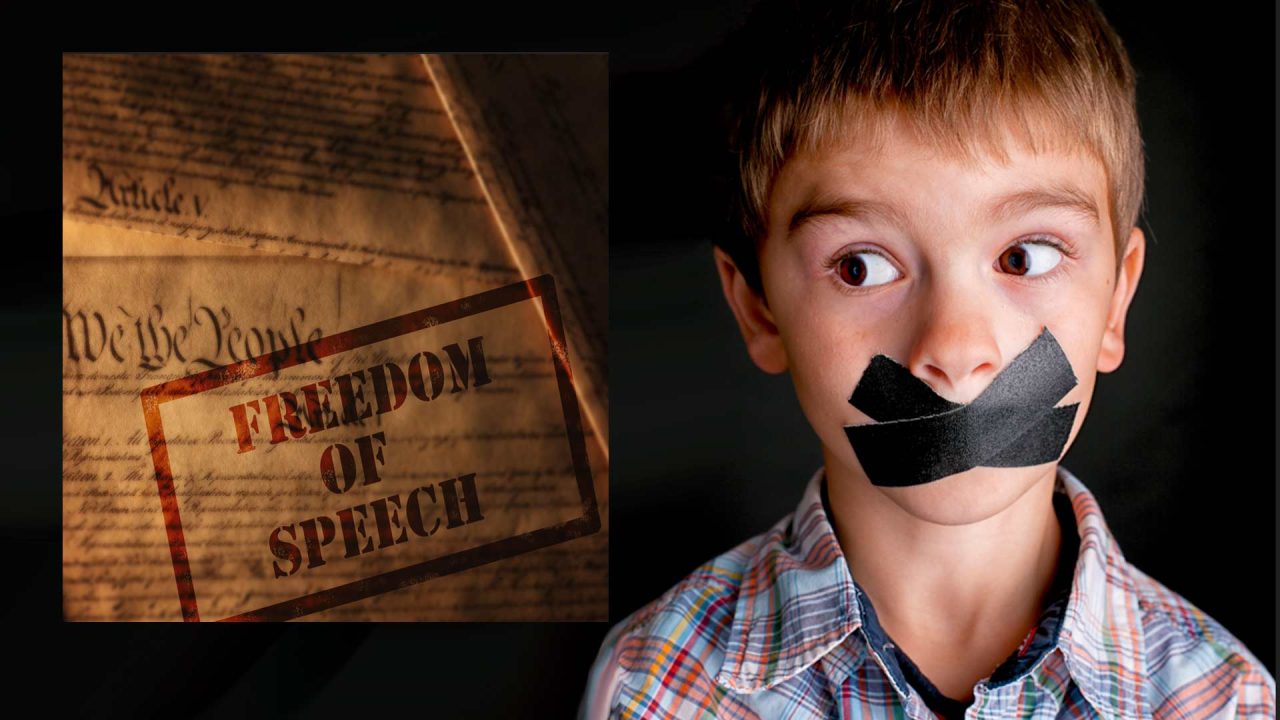
Due to concerns that a proposed revision to its Harassment, Intimidation and Bullying policy might violate constitutionally protected free speech, the Anchorage School Board decided, on Aug. 20, to postpone voting on the controversial measure.
School Board Member Dave Donley raised concerns about the policy, noting that proposed changes delete specific definitions which the U.S. Supreme Court has used in determining whether a school can limit a student’s speech or actions.

Donley pointed out that the high court ruled, in Davis vs. Monroe County of Education, that schools must have actual knowledge of “severe, pervasive and objectively offensive” actions that “effectively bars the victims access to an educational activity or benefit.”
He wondered why the school district wanted to remove these specific words and definitions from its policy in favor of definitions he said seemed far “more general.”
“I’m very concerned that this policy is not consistent with the United States Supreme Court’s standards and could be manipulated or misinterpreted because of its generality – and reducing the specifics – to improperly and unconstitutionally impinge upon the rights of our students,” he cautioned his fellow board members.
Under the proposed policy, students, staff and volunteers throughout the Anchorage School District could face stiff punishments for indirectly “disturbing” someone’s claimed sexual orientation.
The current policy makes no mention of sexual orientation, nor does it address “indirect” harassment. Instead, it defines harassment, intimidation and bullying as action that “physically harms” a student, “has the effect of substantially interfering” with education, is “intimidating or threatening,” or substantially disrupts orderly school operations.
The new and vastly expanded proposal, however, defines harassment as “the intentional behavior by a student (or group of students) that is disturbing or threatening to another student. Intentional behaviors that characterize harassment would include “unwelcome verbal or written comments,” which are either “direct or indirect” and related, but not limited to, race, religion, sexual orientation, cultural background, economic status, size or personal appearance.
While the proposed Anchorage policy includes a short disclaimer stating it “should not be interpreted to prohibit a reasoned and civil exchange of opinions or debate that is protected by law and School Board Policy,” it opens the door for district officials to clamp down on a wide range of unwanted free speech. This could include not affirming a gender-confused student’s notion about their sexuality, failing to use someone’s “preferred pronouns” or running afoul of other diversity and inclusion mandates.
Donley ask School Superintendent Jharrett Bryantt for an explanation about where the new definitions came from, and why the district wants to change the wording of its current policy.
Administrative staffers tried to explain to Donley that the new wording was intended to clarify terms like bullying, intimidation and harassment in order to address them more specifically and individually. They noted that the updated definitions were derived from national groups such as Stop Bullying, the National Center for Bullying Prevention, the Centers for Disease Control and some other school districts around the country.
ALASKA WATCHMAN DIRECT TO YOUR INBOX
The Stop Bullying program has a particular focus on LGBTQ issues, and encourages schools to adopt social-emotional learning activities, “safe spaces,” LGBTQ promotional clubs, gender-neutral pronouns and LGBTQ protocol training for all students and staff as well as health curriculum that affirms myriad genders and sexual expressions.
Donley noted that board members were not presented with any background on the organizations that were used to develop Anchorage’s proposed policy, nor was there any legal opinion about whether the changes would violate First Amendment rights.
“I mean what we’re talking about here is the United State Constitution and our students’ rights of free speech,” he said. “Doesn’t it deserve a couple of more weeks consideration so we can get the full story about how this language got crafted?”
While most of the left-leaning board seemed to favor the proposed revisions, Donley concerns caused them to pause.
Board President Andy Holleman admitted that if the new policy caused the district to punish a student for a violation, this could create legal concerns if the policy was unlawful.
Ultimately, the board voted to postpone a final vote until the Sept. 3 meeting. Member Margo Bellamy was the only vote against postponement.
TAKING ACTION
— Click here to read the proposed policy.
— Click here to contact members of the Anchorage School Board.
— Click here for information on how to participate in the Sept. 3 meeting.
Click here to support Alaska Watchman reporting.








8 Comments
News flash ! You lost!
Ahh, good ole “Democracy” revealing itself as what it truly is. Tyranny.
At least you minions no longer hide it.
Liberal, progressive individuals don’t allow the facts (Bill of Rights) to affect their opinions……..
Which political party thinks the 2020 presidential election was stolen by Biden? Republicans prefer alternative facts.
News Flash, there still is free speech and not being compelled to speak (i.e. enforced pronoun usage). The refusal to use an individual’s stated pronouns may cause offense or discomfort. But this alone does not bring it outside the First Amendment’s protection.
Case and point: In 2021, Alliance Defending Freedom (ADF) secured a victory at the U.S. Court of Appeals for the 6th Circuit for Dr. Nicholas Meriwether, a philosophy professor at Shawnee State University in Ohio. He had been charged by the university with discrimination and creating a hostile environment against a male student who demanded to be referred to with female titles and pronouns.
Dr. Meriwether was threatened with “further corrective actions” if he did not either refer to students using pronouns that reflect their self-asserted gender identity or stop using pronouns altogether for all students. Thankfully, the 6th Circuit ruled that this compelled speech was a clear violation of Dr. Meriwether’s First Amendment right to free speech.
So you can choose not to use a person’s preferred pronoun without fear of discipline, firing, or “corrective action”. It is your First Amendment right to free speech.
Morally and ethically I try to conform to The Golden Rule …. that is, I treat others as I hope they would treat me, and I don’t do things to other people that I would want them doing to me. I know transgender people, and I treat them with the same respect as they show me. Mis-gendering or “deadnaming” them, or refusing to use their prefered pronouns is simply insensitive and disrespectful. As for all public school students, they must ALL feel safe and supported in the classroom regardless of their religion, race, gender identity, disability, or sexual orientation. If such people make you uncomfortable, avoid them, but don’t set out to make life miserable for them.
When people’s identities change with their moods, how are we expected to keep up with who they currently think they are?
Instead of tiptoeing around their feelings that they can’t seem to get under control for themselves, I just call them buddy.
But you are right Paul, we should not spend our time being around them as many of them are miserable and it is no good to a healthy society to surround themselves with unhealthy and miserable people.
As far as making sure everyone feels safe regardless of skin color, religion and fetish. How about we just see people as people instead of their classifications? When people put labels on themselves, they divide themselves into their own groups. If you wish for unity, stop with the silly labels.
It’s well past time to start teaching these kids (and many adults) to stop being such easily offended whiny people. In the words of Candace Owens, “Life’s tough…get a helmet, man”. Grow tf up and act like you have some sense. Stop demanding that other people participate in your fantasy.